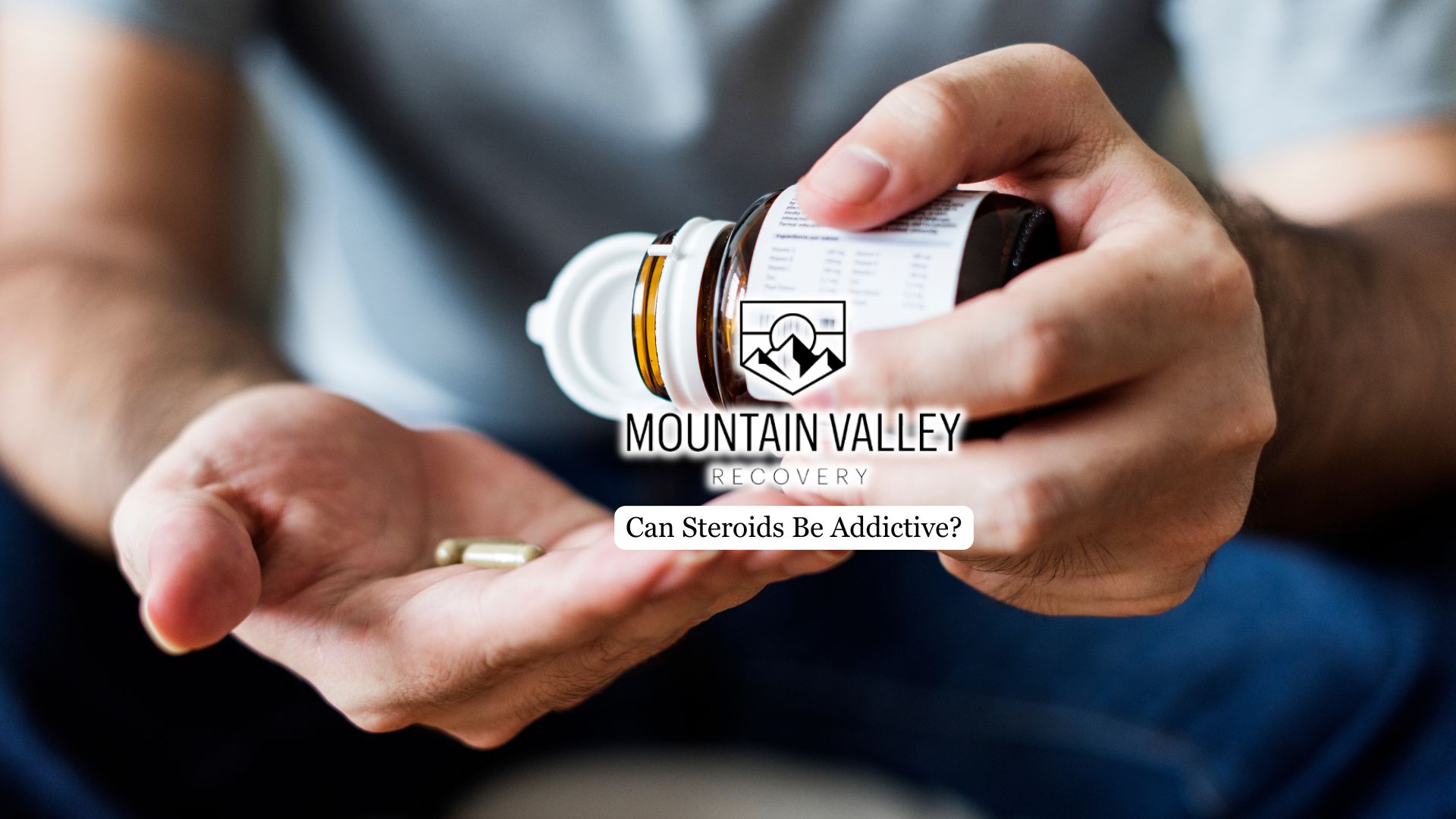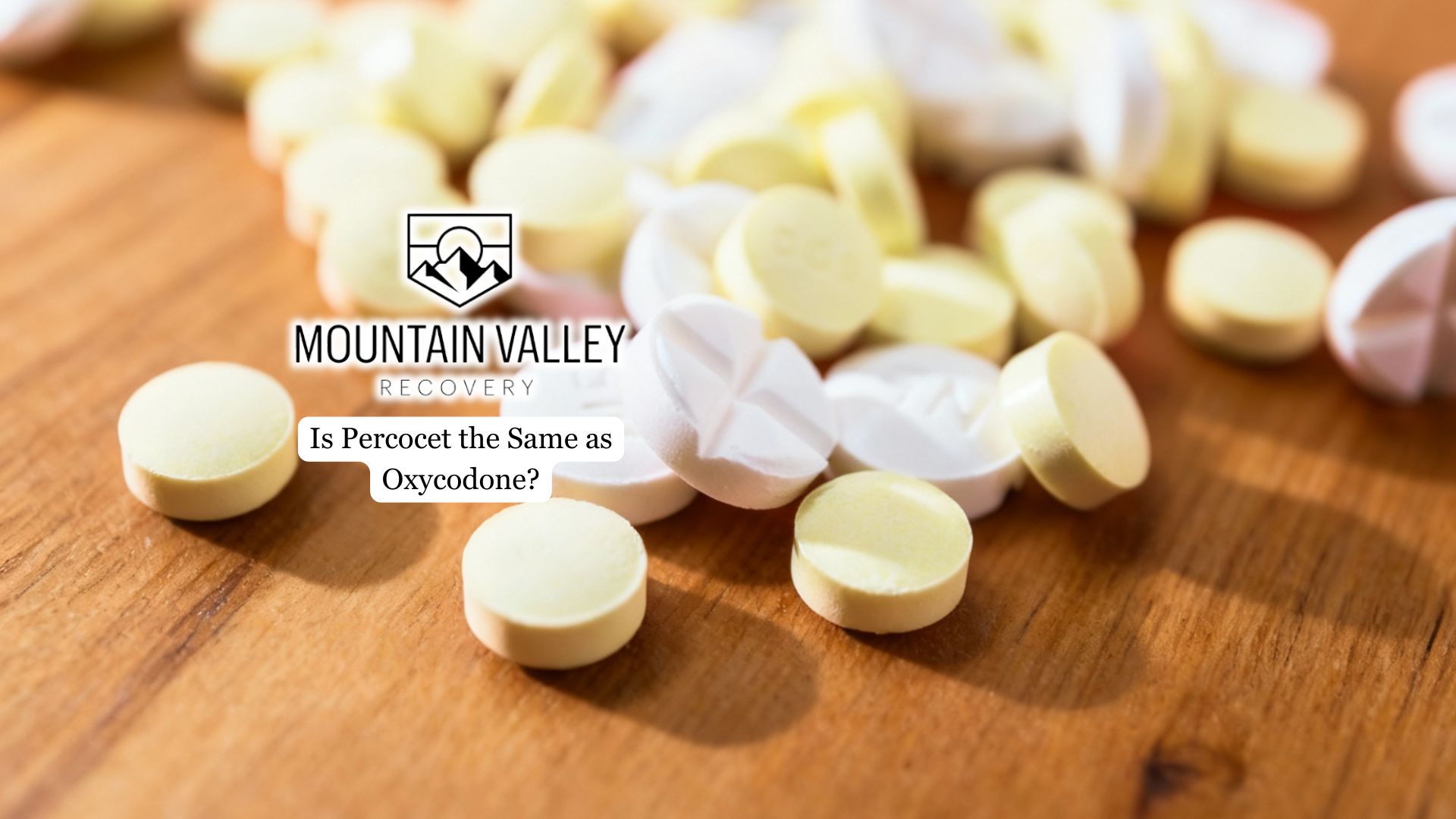Alcohol is often used as a way to unwind or relax, but for many men, it leads to unexpected tiredness and fatigue. If you’ve been relying on alcohol to help you relax, it’s important to understand why it makes you feel so tired.
In this article, we’ll break down the science behind alcohol-induced fatigue, explore how drinking affects your sleep cycles, and share the key facts you need to know to make informed choices about your health and energy levels.
Alcohol and Its Disruption of the Sleep Cycle
While alcohol may help you fall asleep faster, it reduces the quality of your sleep, particularly REM sleep, which is the most restorative phase. You may feel tired and unrefreshed when you wake up, even after a long night’s sleep.
In the short term, alcohol can make it easier to fall asleep, but the poor quality of sleep it causes leaves you feeling fatigued. This is especially important for those in recovery who need quality rest to restore energy and help them stay focused on their recovery goals.
If you’re struggling with alcohol and its impact on your energy and sleep, enrolling in a professional alcohol rehab can provide the support needed to address these challenges and restore balance in your life.
Alcohol’s Effect on Your Brain and Mental Energy
Alcohol is a CNS depressant, meaning it slows down your brain’s activity. This causes mental sluggishness and fatigue, making it harder to stay focused and motivated. For men, thinking clearly and staying on track is crucial. Alcohol makes this even more complicated, as it impairs cognitive function, deepening feelings of tiredness and mental exhaustion.
The tiredness alcohol causes isn’t just physical, it’s also mental. It disrupts brain function, leading to brain fog and a lack of clarity. This leaves you feeling mentally drained, making staying engaged and productive challenging.

How Alcohol Affects Blood Sugar and Energy Levels
Alcohol can give you a quick burst of energy or relaxation, but that initial boost is often followed by a sharp energy crash. This happens because alcohol affects your blood sugar levels, causing them to spike and then drop rapidly. The sudden fluctuation leaves you feeling drained and tired, making it harder to stay active or focused.
The energy rollercoaster caused by alcohol can leave you wiped out, struggling to get through the day. These blood sugar fluctuations disrupt your body’s ability to maintain consistent energy, leading to fatigue.
For men, this cycle of spikes and crashes is particularly challenging to manage when trying to regain control of their energy and health.
Dehydration and Its Role in Fatigue
Alcohol is a diuretic, meaning it increases urination and causes your body to lose more fluids. This leads to dehydration, a significant contributor to fatigue. When dehydrated, you feel tired, sluggish, and mentally foggy, making it harder to stay active and alert.
If you’re not adequately hydrated, your body and mind won’t function at their best. Staying hydrated is especially important for recovery, as it helps restore energy, focus, and motivation, keeping you on track throughout the day.
Long-Term Effects of Alcohol on Energy and Well-Being
If you’ve been using alcohol for a long period, it can lead to chronic fatigue. This isn’t just about the immediate effects—it’s the long-term toll alcohol takes on your body and energy levels.
Over time, alcohol can drain both your physical and emotional resources, leaving you feeling constantly tired, depleted, and lacking the energy you need to stay active or motivated.
As the fatigue builds up, it becomes harder to focus on recovery goals, making it difficult to stay motivated or move forward. The longer this cycle persists, the more difficult it becomes to regain your energy and strength. Professional treatment is key to breaking the cycle and getting back on track.
Final Thoughts from Mountain Valley Recovery
Alcohol impacts your energy and overall health, but with the proper treatment, lasting recovery is achievable. At Mountain Valley Recovery, we combine clinical care and holistic approaches to address both the physical and emotional effects of alcohol addiction. Our programs are tailored for men, helping them regain energy, rebuild focus, and improve well-being.





